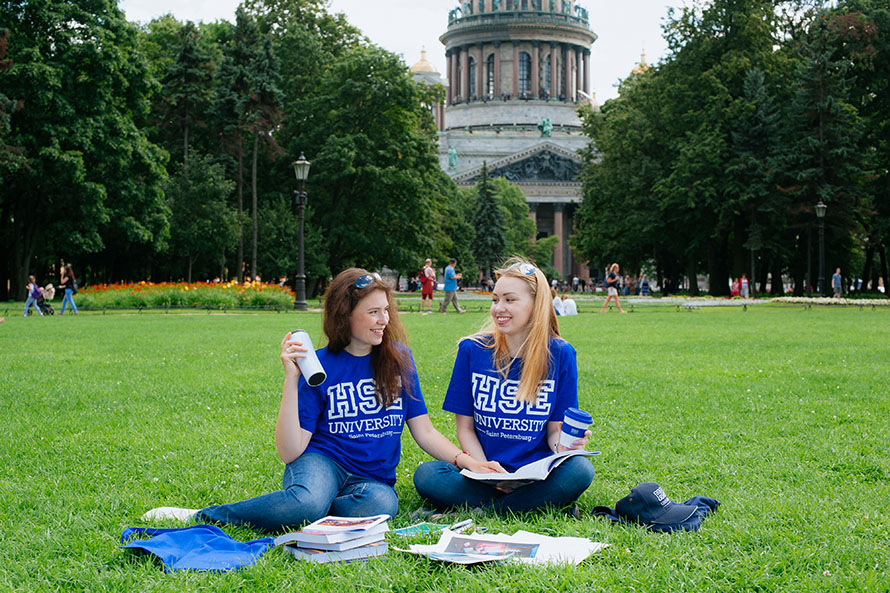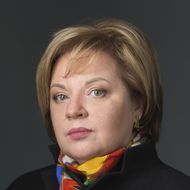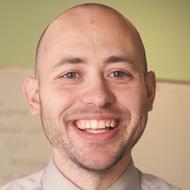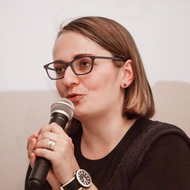'I Would Certainly Be Interested in Attending a Summer Course at HSE in the Future!'
On August 21st, Saint Petersburg HSE Summer School, which has been taking place since 2017, came to a close. This year it moved online due to the pandemic. 44 participants from 18 countries, including France, Ireland, the USA, the Philippines, China, and others were joining Zoom during four weeks. The organisers of the Summer School were happy to welcome students of 15 HSE partner universities such as Università Cattolica del Sacro Cuore, King’s College London, Sciences Po Lyon, University of Basel, Georg-August-Universität Göttingen, and others.

During the pandemic, the Summer School moved the classes online optimising the schedule for participants from different time zones. Students were studying 6 courses from the fields of Politics and International Relations, Economics and Finance, Data Analysis, and History. The most sought-after course was EU-Russia Relations Today (17 participants). Moreover, students also had an exciting cultural programme under which they were cooking Russian traditional cuisine dishes, discussing Soviet films, and taking part in quizzes and discussions.

Marina Sannikova, Director of Centre of International Education
'St. Peterburg HSE Summer School an important project, which has become traditional. It allows students to learn more about the university and immerse into the international environment of our campus. For some international students, participating in Saint Petersburg HSE International Summer School was the first step towards studying on full-time HSE – St. Petersburg programmes.
We realised that online format would bring some difficulties and restrictions, but it was a key question for us to implement this project and stay open for students even during the pandemic.
We consider this year’s Summer School a success, and I would like to notice that new challenges have let us look at the situation from the other perspective and successfully host our Summer School online for the first time.'
Given that this year brought much uncertainty for everyone, the organisation of the Summer School 2020 was in question. The thing is that the Summer School is not about just studies, but it is also about immersion to a new culture and language environment, and making new friends from every corner of the world. Although organising Summer School online during the COVID-19 pandemic was definitely a challenge, the project was successfully continued this year.

Tatiana Grishchenko, 'BRICS in Global Economy' lecturer
'I was impressed that students of the course ‘BRICS in Global Economy’ were so well prepared and very keen on the topic. Besides, the students came from noteworthy universities all over the world.
I wish students who have never been to Saint Petersburg could visit the city after the quarantine is over and let us know about their visit. Many interesting things happen at HSE all year round. Our educational environment is international, so we will invite them to take part in some wholesome event.
What about studying and teaching online, there were some difficulties and advantages. Of course, we lacked the atmosphere that is inherent in traditional offline Saint Petersburg HSE Summer School.
There were many questions and debates, almost all topics of the course were accompanied by discussions and opinion exchange. There was a particular interest in the economic situation of the BRICS countries during the pandemic, comparative analysis of the COVID-19 impact on the economy of developing and developed markets, trade disputed, and consequences of protectionism.'
Just like for all the higher education industry, the online format has brought some new features to teaching Summer School courses online. Practices and experiences of HSE and other international universities were carefully studied and adopted for the Summer School to implement the project in the best possible way. The online format allowed the Summer School to go international during the pandemic, expand the borders, gain new knowledge and experiences, meet participants from different countries, and get the first-hand information about what is happening in other countries during the pandemic. The lecturers pursued the goal to maintain the course interactivity thanks to the online toolkit, involve students in group projects and vivid discussions, and they definitely reached the target.

Jeff Downing, 'Financial Risk Management' lecturer
'I have a good opinion of the course and the online format of this Summer School. It was not the first time I was giving the classes online.
All the important things in my course remain important regardless of the mode of delivery. So, I did not change anything in the course content, but I changed some organisational aspects. For example, last year students had to take an exam, while this year they had to make a group project. I think that it is better than the exam because it is more relevant and engaging. Besides, students had a chance to know each other while working on the project. I plan to do the same next year even if we have the Summer School offline.
Although I did not meet students in-person, we were in touch via messengers and had no communication issues.
I think that all elements of the course arouse students’ interest, in particular, group projects, where students had to use their knowledge to solve a particular case. Anyway, I was asked approximately the same number of questions on every topic we discussed.'
Of course, student life should be eventful and full of new experiences, so special activities were organised for the Summer School participants, such as a fun quiz, Russian language class, Soviet movie discussions, etc., so that students had a chance to get to know each other, exchange their viewpoints, and chat.

Alexandra Firak, Summer School volunteer
'At the event I organised, we discussed different issues that went far beyond the main topic of the event. It was mainly about the experience of living in our countries. We were talking a lot about national cuisines and their peculiarities, nationalities, and mindsets.'
The Summer School coordinators did an impressive job to ensure that participants are comfortable with their schedules. As the classes were held online, and participants’ time zones ranged from China to the USA, it was not an easy task. Students’ willingness to join classes and obtain knowledge in the early morning or late evening was highly appreciated.

Annalisa Longoni, 'EU-Russia Relations Today' course participant, Italy, the University of the Sacred Heart

Judd Alan Kistler, 'Contemporary Russian Politics' course participant, the USA, Indiana University
'I felt the online format worked well. Visiting Russia and experiencing the sites, food, and culture would certainly have complemented the educational experience. However, given the circumstances, it was a perfectly acceptable format. Having an online summer course along with an in-house summer course would be a great way for students who do not have the financial means to travel to Russia to participate in an educational programme.
Contemporary Russian Politics was a highly interesting course. I liked how each lesson focused on a different aspect of the Russian political system. My favourite lecture was on the Russian oligarchs, particularly Boris Berezovsky. It brought into focus the impact these men had on Russia’s economic and political development.
Professor Grigoriev did an excellent job with his lectures: they were well-researched, and you could tell he was highly interested in the subject matter.
I would certainly be interested in attending a summer course at HSE in the future!'
In 2020 Saint Petersburg HSE Summer School offered 13 courses. Those of them which implied deep immersion into Russian culture via field trips and other on-place activities, were cancelled.

Yilu Li, 'Soviet History: Russia in the Age of Transformation' course participant, China, Shihezi University, MGIMO
'The course ’Russia in the Age of Transformation’ traced back the events and developments in Soviet period, followed by historical research and materials which can largely enrich the knowledge of significantly key stages in Soviet history that I am genuinely interested in. Dr Kochetkova is very willing to answer our questions, attach related materials, introduce historical viewpoints. Even though I cannot go to Saint Petersburg, my participation in this course in Saint Petersburg HSE Summer School is valuable for me.'

Elena Kochetkova, 'Soviet History: Russia in the Age of Transformation' lecturer
'Although I had the experience of working in the online format, I found new peculiarities in teaching my Summer School course online. On the one hand, we have already been teaching online, learned some methodologies and got used to it mentally. On the other hand, the Summer School was quite intense, so it was important to review some teaching techniques. In general, the Summer School made a positive impression for me.
Preparing detailed presentations was the main aspect of adjusting the course to the online format. Body language helps you keep student attention in a classroom, but it does not work when you give classes online.
At the same time, the online format made it easier to share the course materials with students and give links to additional resources in the course of the lecture. In general, online teaching allows us to be more dynamic in terms of data and materials sharing. I also think that some students feel more comfortable studying online: they can ask questions or comment right in the chatroom without having such hesitation they have in a classroom.'
Even though the continuing COVID-19 pandemic has been preventing many face-to-face activities from happening, this summer has shown that uncertainty and unpredictable circumstances do not limit young people’s desire to expand their horizons and learn about new cultures.
The Summer School course offerings for 2021, mode, and some other organisational details are currently in the planning stage.
Please check the Summer School webpage and follow Saint Petersburg HSE Summer School on Facebook to stay informed.
